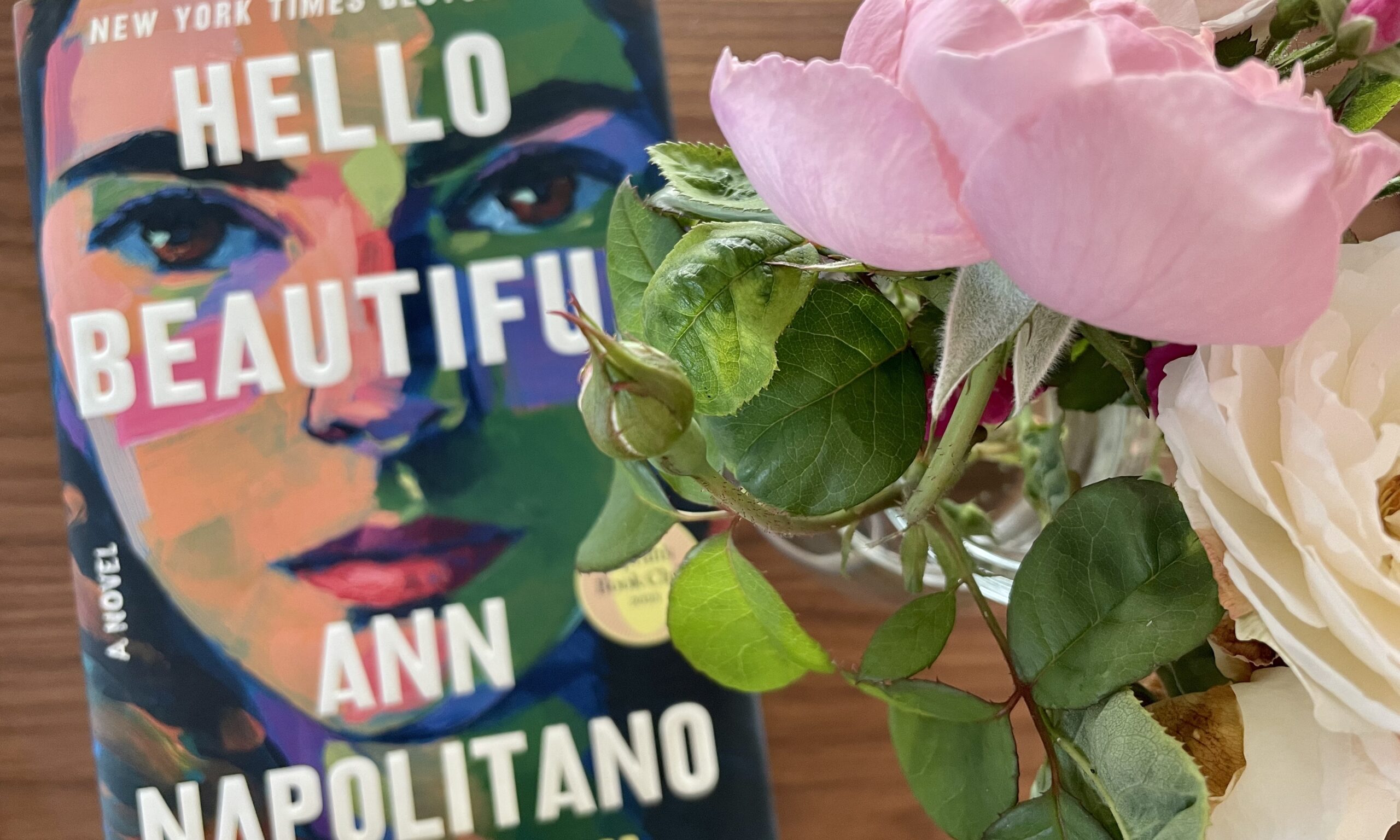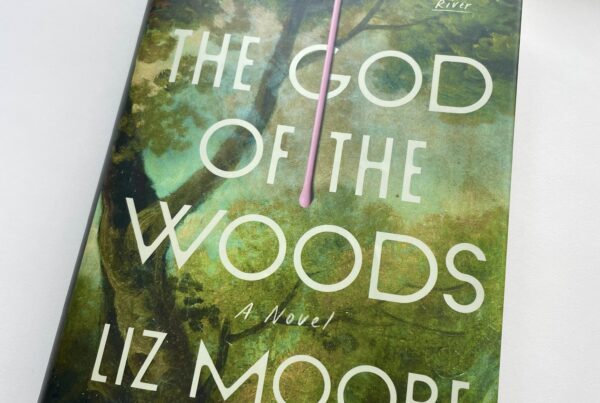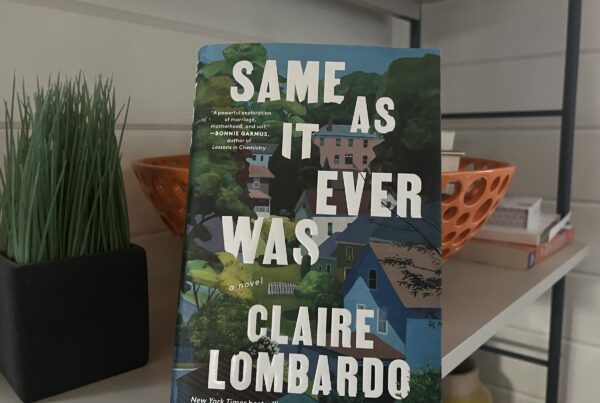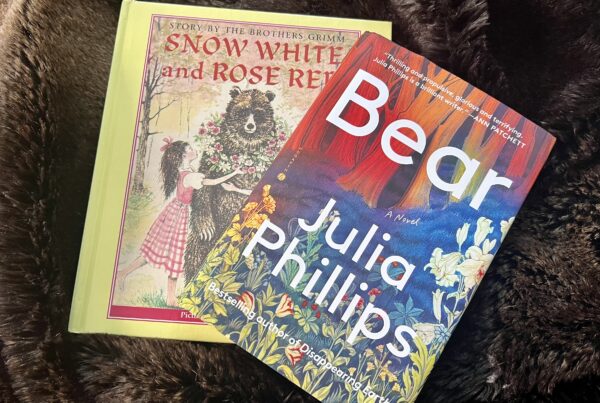I read that Hello, Beautiful is like Little Women with basketball – and while that is true, it isn’t why I loved the book. I didn’t particularly notice Alcott’s influence on the author, Ann Napolitano, although if you are someone who counts the story of the March girls as one of your favorites, you will appreciate seeing a version of them in the Italian-American Padavano family living in Chicago in the 1970’s and 80’s. What I loved about the book was its treatment of the different types of family falling-outs that not only happen but also take time to resolve, if they ever do.
Rose and Charlie Padavano raise their four daughters through basic trust coupled with benign negligence. They teach Julia, Sylvie, Cecilia, and Emeline to rely on each other while Rose and Charlie pursue their individual interests and needs. Enter William Waters, a basketball player from Boston who, like Julia, goes to Northwestern University. Although he seems like a sturdy frame around which to drape Julia’s dreams, William is in fact weighed down by the secret shame of familial tragedy and abandonment. Julia forges a short-lived marriage with this compliant, increasingly silent partner who can’t quite believe his luck in being accepted into this lively family. The marriage doesn’t last – William’s life force fades while Julia’s dynamism surges, and they fairly quickly give it up.
All of this plot and character development is captivating, but the story begins to really take shape when Julia’s sister, Sylvie, a romantic girl who works as a library assistant, falls in love with William, not in spite of but because of his deep and disabling sadness. As in real life, however, nothing is gained without some kind of loss. In choosing William, Sylvie loses Julia. At about the same time, Rose suddenly and shockingly moves to Florida after Charlie’s death, leaving her children, community, house, and garden without a backward look. The pattern of the Padavano’s lives, and their connection with each other, is broken.
Throughout the book, Napolitano expertly lays down colors, voices, and commentary much like the painter that Cecelia becomes, revealing the indelible imprint of family ties that, no matter how they may fray, ultimately hold us fast to one another. At a certain point, most of us come home, feeling as Julia does “like a Picasso painting” with mismatched eyes and shoulders at different heights because she is estranged from her sister for so long. Having lost my sister years ago, Hello, Beautiful brought me to tears as I thought about the permanence and impermanence of things – of time, place, family ritual, art, loved ones, and sorrow.




